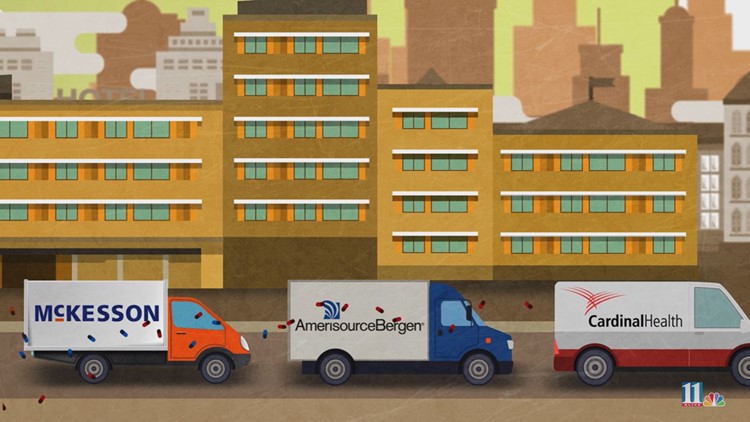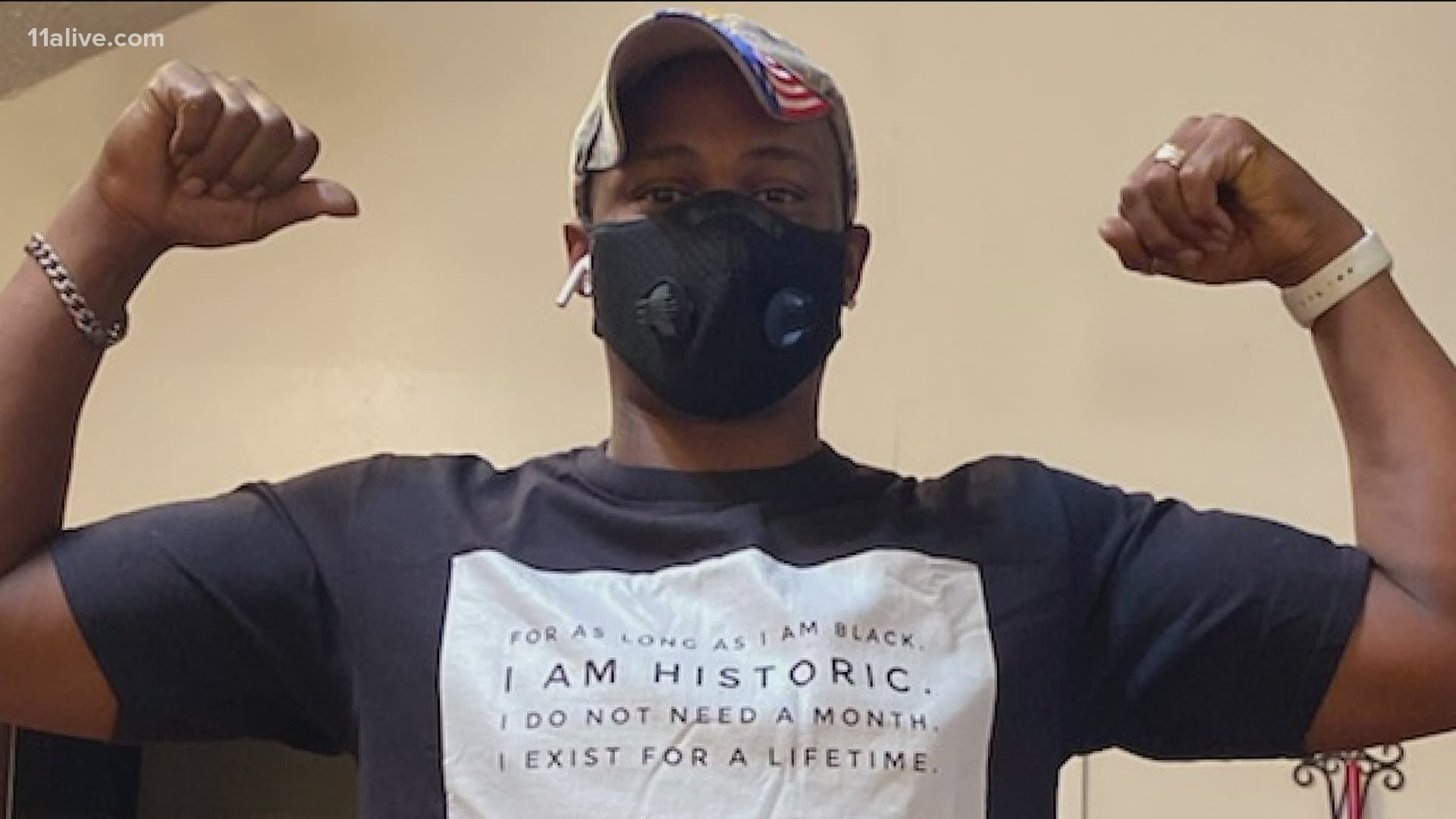The number of Americans abusing pain pills has skyrocketed. To understand how so many people are getting hooked, we investigated how the pills are finding their way into homes in the first place.
47.7 million Americans have used illicit drugs or misused RX drugs, according to the Centers for Disease Control. So how did these drugs find their way into our culture and into homes nationwide?
It starts with the drug manufacturer.Opioids are made by huge corporations that produce vast amounts of pills.
Their “employees” are in doctor’s waiting rooms, but not as patients. Studies show that pharmaceutical sales reps working for the manufacturer influence the ways doctors prescribe certain medications. This sales approach helped to make these powerful prescription drugs into household names.
The drug distributors, also known as wholesalers, are the “middlemen” in the process. They supply the quantity of drugs in your local pharmacies and hospitals.
These are some of the most profitable companies in the world. Together, AmerisourceBergen, Cardinal Health and McKesson (“the big three”) bring in hundreds of billions of dollars each year.
These distributors are supposed to keep track of each order they fill and report them to the Drug Enforcement Administration. An investigation found that distributors were failing to report suspicious orders for many controlled substances, including opioids.
As a result, highly addictive opioids flooded pharmacies across the country. The number of pills far outweighing the need.
The issue has the attention of the Healthcare Distribution Alliance, the national trade association representing wholesale distributors including McKesson, Cardinal, and AmeriSource Bergen. A rep from the Alliance contacted us after this story was released to make the point that the organization understands the impact the opioid epidemic has on communities and focus on solutions.
This is an excerpt from a statement from Healthcare Distribution Alliance Senior Vice President John Parker:
"Distributors are logistics companies that arrange for the safe and secure storage, transport, and delivery of medicines from manufacturers to pharmacies, hospitals, long-term care facilities, and others based on prescriptions from licensed physicians. We don’t make medicines, market medicines, prescribe medicines, or dispense them to consumers.
We are ready to have a serious conversation about solving a complex problem and are eager to work with political leaders and all stakeholders in finding forward-looking solutions."
According to the CDC, in 2015 there were enough prescriptions for every American to be medicated around the clock for three weeks.



